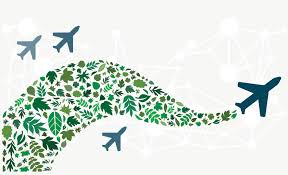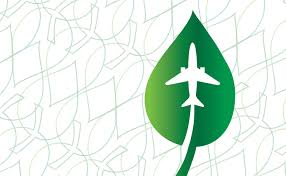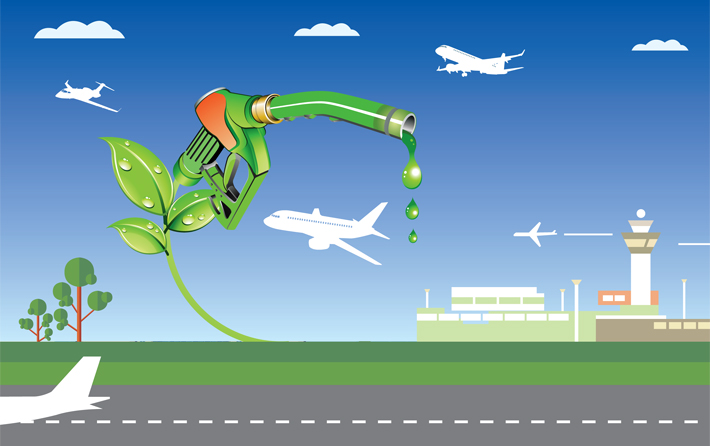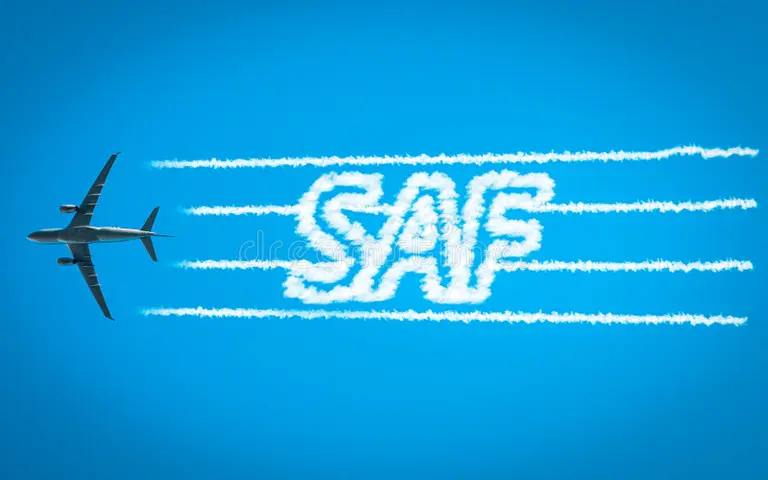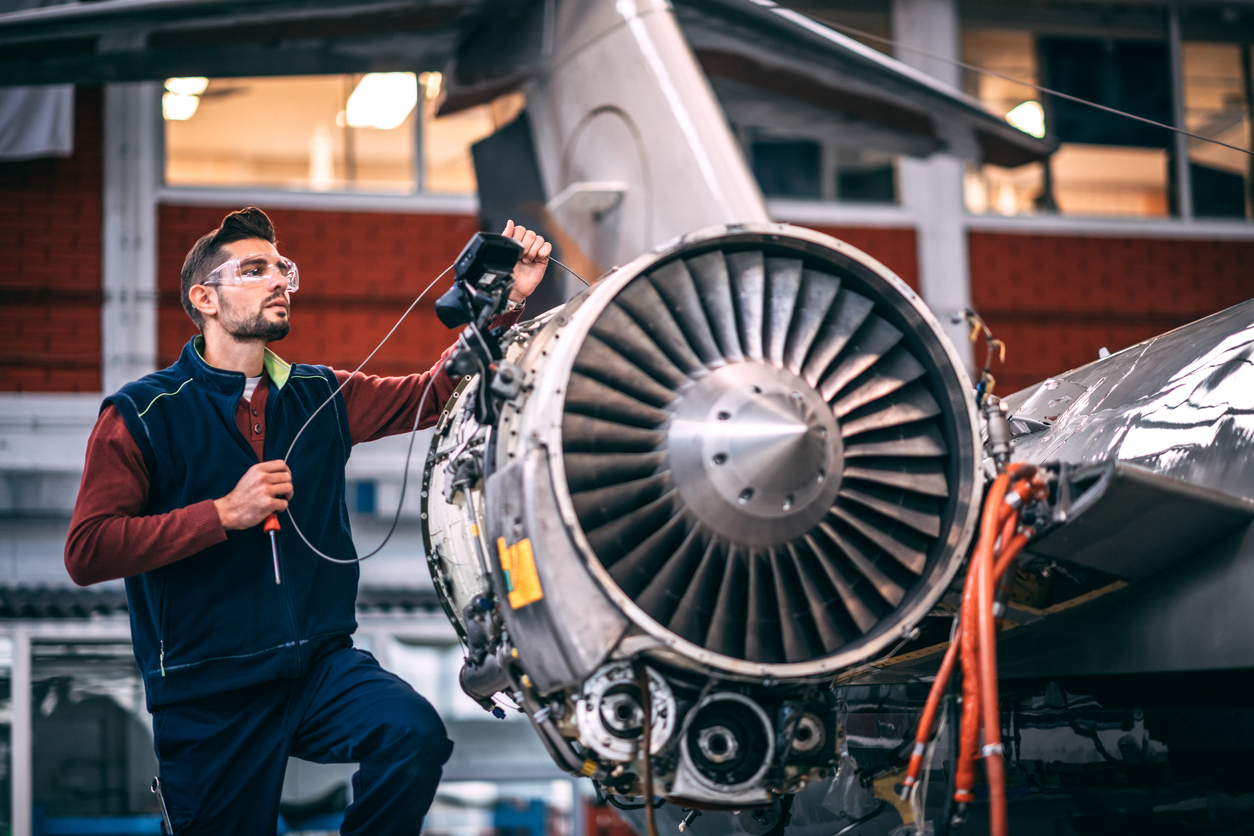
Carbon Credits :36
Sustainable aviation fuel (SAF) is an alternative fuel made from non-petroleum feedstocks that reduces emissions from air transportation. SAF can be blended at different levels with limits between 10% and 50%, depending on the feedstock and how the fuel is produced. According to the International Civil Aviation Organization (ICAO), over 360,000 commercial flights have used SAF at 46 different airports largely concentrated in the United States and Europe.
Several European countries are aiming for a sustainable aviation fuel mandate that will demand a certain percentage of consumed jet fuel to be from renewable sources.
Norway & Sweden are the countries which already initiated. In January 2020, Norway introduced the first SAF blending mandate. It demands just 0.5% initially but targets 30% SAF by 2030. Sweden followed with a mandate beginning at 0.8% in 2021 and increasing to 27% by 2030. Other countries anticipated to follow are Denmark, Finland, the Netherlands, Spain and others.
The market has already begun moving in the right direction, with support from more politicians, airlines and customers in regard to SAF expansion.
In 2021, Boeing committed that its commercial airplanes will be capable of and certified to fly on 100% sustainable aviation fuels by 2030.
Today, sustainable aviation fuels are mixed directly with conventional jet fuel up to a 50/50 blend — the maximum allowed under current fuel specifications.
The International Civil Aviation Organization (ICAO), is expected to commit to 10% sustainable aviation fuels by 2030 at its 41st General Assembly, this year (to be held on 27 September- 7 October 2022)
Foreseeing the rise in demand for SAF in the near future, GSE Energies is a company based in Hong Kong focusing on the development of sustainable aviation fuel.
